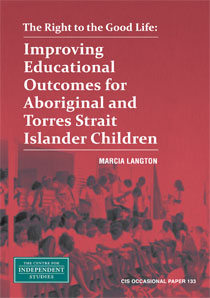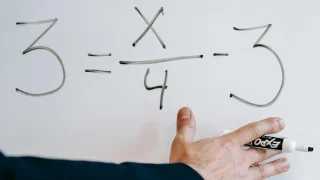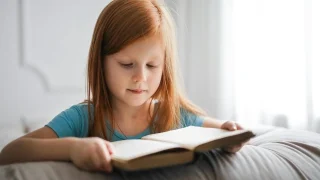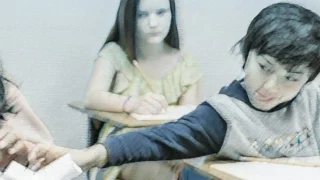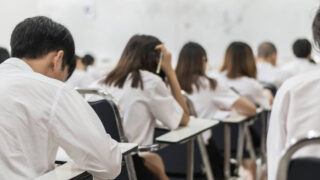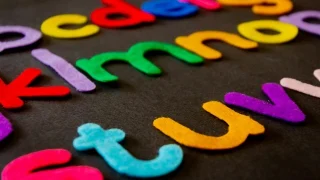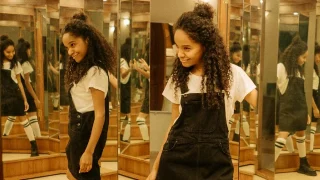

Education is a key ideological battleground in debates about how to address Indigenous disadvantage. Yet, as the recent report to Parliament on the progress with the ‘Close the Gap’ targets shows, much of what we are doing is not working. When it comes to Indigenous students, there is a culture of low expectation in education bureaucracies and schools. Indigenous students should be treated not as incommensurately different but like all other students who are required to become competent in the national curriculum. There are only small numbers of Indigenous children in a very big education system – about 150,000 Aboriginal and Torres Strait Islander children attend about 5,000 of the more than 9,000 schools in Australia. Compared to Australia-wide policies, Indigenous education is on a small scale. It should be a manageable, feasible policy issue. However, past attempts to improve Indigenous education have involved constant experimentation and ‘bolt-on programs’ that have not worked. Explicit instruction and partnerships between Indigenous communities and high-performing schools are helping improve education outcomes and should be adopted more widely.
